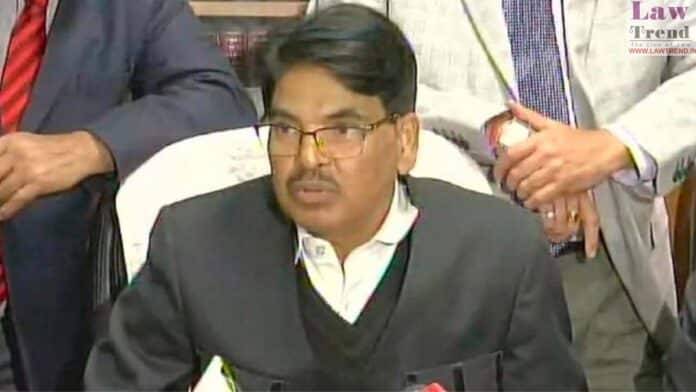In a recent judgment, the Delhi High Court dismissed a writ petition challenging the dual roles of Mr. Manan Kumar Mishra, who serves as the Chairman of the Bar Council of India (BCI) and a Rajya Sabha member. The petition, filed by advocate Amit Kumar Diwakar, sought Mishra’s disqualification, alleging that his position as BCI
To Read More Please Subscribe to VIP Membership for Unlimited Access to All the Articles, Download Available Copies of Judgments/Order, Acess to Central/State Bare Acts, Advertisement Free Content, Access to More than 4000 Legal Drafts( Readymade Editable Formats of Suits, Petitions, Writs, Legal Notices, Divorce Petitions, 138 Notices, Bail Applications etc.) in Hindi and English.




